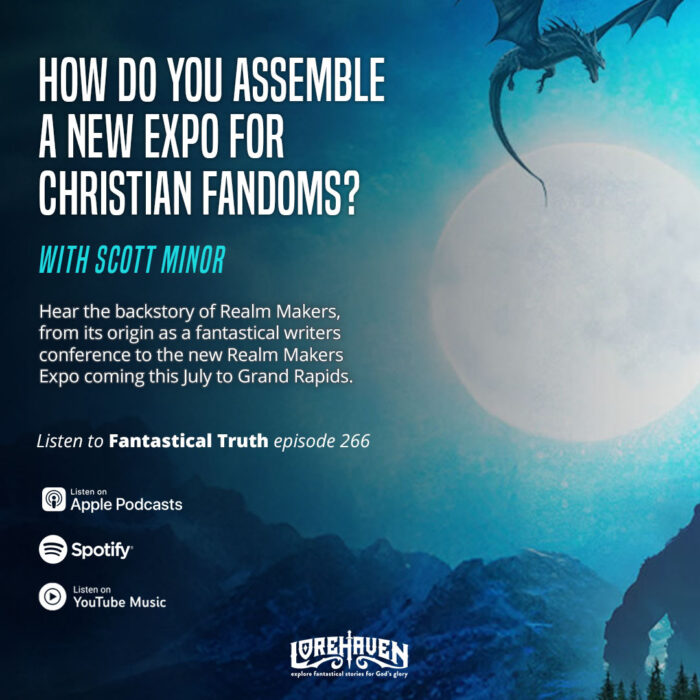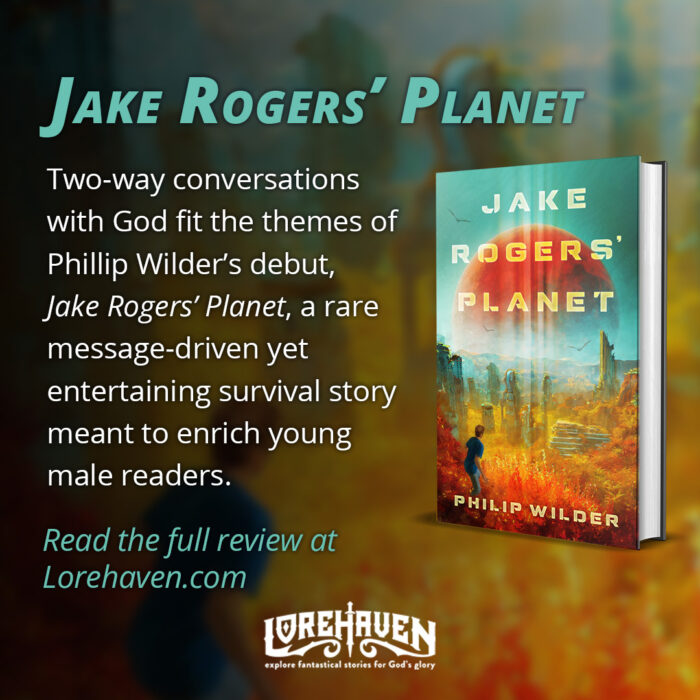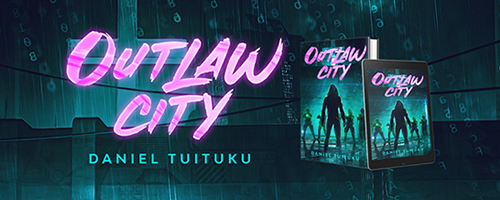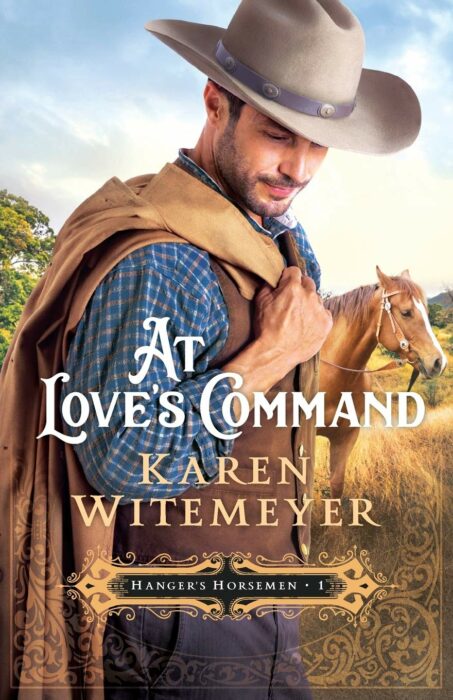76. Why Did Secular Readers Try to Cancel A Christian Historical Romance Novel? | with Parker J. Cole
Podcast: Play in new window | Download (Duration: 1:21:00 — 75.5MB) | Embed
Last month, social-media citizens criticized the Romance Writers of America for nominating a Christian-made historical romance novel for its 2021 Vivian Awards. We’re looking at a surprising plot twist, when secular readers are feeling strict about a book like this. How can readers respond when secular critics fault Christian-made fiction for being too gritty and realistic?
We explore the backstory with Parker J. Cole
Parker J. Cole is an author, speaker, and radio show host with a fanatical obsession with the Lord, Star Trek, K-dramas, anime, romance books, old movies, speculative fiction, and knitting. An off-and-on Mountain Dew and marshmallows addict, she writes to fill the void the sugar left behind. To follow her on social media, visit her website at ParkerJCole.com.
- The Butterscotch Bride, newest release from Parker J. Cole
- Paranormal Romance Can Reflect Man’s Evil and God’s Grace, Parker’s newest Lorehaven article
Christian Publisher Bethany House Defends ‘At Love’s Command’ From Outraged Critics
It’s not often critics accuse a Christian historical romance novel of “racism” and “glamorizing genocide.” Yet a vocal contingent of romance fans leveled these charges while demanding the Romance Writers of America (RWA) rescind its 2021 Vivian Award to Christian historical fiction novelist Karen Witemeyer for her novel At Love’s Command.
RWA voters awarded At Love’s Command in the category of “Romance with Religious or Spiritual Elements.” Days later, the association stripped Witemeyer’s book of its award.
Why are critics hating At Love’s Command?
The controversy concerned the male lead, a cavalryman who participated in the Wounded Knee massacre of Native American women and children, and his later search for redemption. At Love’s Command portrays the protagonist as anguished about his actions and seeking atonement.
Back in the real world, the mob offers no such forgiveness.
Readers largely criticized the book for portraying a “hero participating in genocide of indigenous people.” They called this repugnant. Some saw the book’s publication as evidence of “deeply embedded… white supremacy.” One reader felt prompted to continue her “boycott against all white authors,” while many others pledged to cancel membership with the RWA.
One critic quipped, “Next up: Romancing Auschwitz.”
Another said, “Real Christians do not excuse, promote, or approve of racism and genocide.”
In fact, the very idea of atonement for such egregious sins torqued the Twitterati.
“Characters who participate in genocide cannot be redeemed,” another critic said. That’s a direct quote.
Concession stand
- We haven’t read the book. Fortunately, Parker has begun reading it!
- If the book offered no redemptive storyline, we might share criticism.
- But it does. That’s what the critics say they despise. That’s wrong to say.
- We must focus on the moral and imagination issues, not call this “politics.”
- In fact, this isn’t about politics—that is, public policy. This is people stuff.
- We assume this is a religious/moral conflict, not “neutral” versus “religious.”
- If you attempt to enforce your religion, that’s fine, but now you’re in that turf.
- You have to play by the rules like other religions, including ours: Christianity.
- Finally, we see no dragons or spaceships here. Still, this is a neighbor genre!
- Also, we didn’t want to invite the author.1 At such times it’s best to take a break!
- That’s why we invited Parker to help us blokes explore this strange world.
1. To review, what’s the purpose of romantic fiction in gospel worldview?
- What’s the purpose of these kinds of stories, for Christians and others?
- How have fans rightly objected to overemphasis on white romantic heroes?
- What are legitimate issues with historical fiction’s portrayal of past sins?
2. What’s the tragic backstory behind this rejection of At Love’s Command?
- What happened with the RWA and how it promotes authors of color?
- How did that issue lead up to this issue involving _At Love’s Command_?
- What’s in the book, and how does Witemeyer start showing redemption?
3. How can Christians engage this latest controversy fairly yet firmly?
- How do secular “mobs” try to recapture a sense of missing “divine wrath”?
- Why did some Christians’ emphases on “God loves you” lead to this issue?
- How can we subvert fake wrath and point to God’s love yet “consuming fire”?
Com station
Janie wrote in reply to our Lani Forbes interview, episode 75:
Great interview Lani. No one know how they will respond in this situation until it’s their life. We can aspire towards that goal, but you have reached it. And peace doesn’t mean there’s no fight left. You persevere and trust and ask and accept… God is using you whatever the outcome. We love being part of your story through prayer.
Sponsor: James R. Hannibal’s The Paris Betrayal from Revell Books
After an intelligence operation in Rome goes sideways, Ben Calix returns to Paris to find his perfectly ordered world turned upside down. A hit man ambushes him at his flat. French SWAT tries to hem him in. This is a severance. The Director has kicked him out into the cold. But why?
To find answers, Ben must seek the sniper who tried to kill him, the spymaster who trained him, the doctor who once saved his life, and the teammate who killed the woman he loved. And in the midst of this search, scouring Europe for his contacts, he must still try to stop a world-altering attack.
“Hannibal once again displays his dazzling prose and ability to keep even the more experienced readers guessing. Another gripping, high-octane book from one of the best thriller writers in the business.”
—Simon Gervais, bestselling author of Hunt Them Down
- Karen Witemeyer did address the situation in her Aug. 19 article “When God’s People Stand Together.” She didn’t address the controversy so much as her personal recovery and support. In part, she wrote, “What broke my heart most was not the loss of an award, but the fact that people were using my book to bash Christianity and the message of redemption.” ↩





































Welp, how exactly do you adequately redeem a genocide-ist? Was Hero McManly actually redeemed in the story or was his “redemption” just having his tears wiped away by Lovely Heroine? Did he actually do eff-all to make some kind of amends to the Sioux/Lakota?
I know that’s there’s not much an individual can realistically do to make up for frikkin genocide, but maybe there’s a kernel in the idea that the earnest effort is better than frikkin nothing.
It’s certainly a question whether it’s an overstatement whether “romanticizing” or “glamorizing” the genocidal scheiss, but from the excerpt I’ve read, the preface is definitely white supremacist in tone and gross.
Also seems like some of the Christian culture-warrior brigade don’t actually understand why the preface was bad in the first place. I mean, most of them are still attached to the white-savior missionary stories (and ignore ALL the dead bodies found at missionary boarding schools for the Indigenous) who are saving the immodest-savages-who-don’t-wear-underwear from themselves. And like their forebears, don’t
*oops premature posting
don’t seem to understand the distinction between Christianity and Western/white people culture in general. (You know I’m thinking about the kind of pundit who makes it their job to conflates the two because socialism or whatever.)
Oooooh, listening further in to the part about anger. You think Christians don’t project their anger onto a more socially acceptable (to their in-group) target? LOL.
But it’s an interesting, if disturbing phenomenon, how people who aren’t allowed to express anger really go whole-hog in the limited instances where they are allowed to. This is a huuuuuuge problem with Southern-type women, who get slapped with the label “bitter” when they are angry for 0.5 seconds longer than is palatable for someone else. So often Southern-type women as a group are more likely go nuclear on their social “lessers:” i.e. to beat their children and pull a Karen in a retail situation.
(Being in retail, the Karen phenomenon is near and dear to my amygdala.)
Men are arguably worse about this, because they usually go to jail over their actings out.
Also, Somewhere On the internet, I read that we as a society might need those big-fish-in-little-ponds positions, like President of the local Rotary, Church Board Member, et al, for
soothing the feelings of the insecurefulfilling the social need for status.Thank you for the insightful episode. It is a good reminder that we ought to, just like this episode, listen to the whole thing, and not just the intro, as those who called for the book’s cancellation did. I found it interesting that the author even covered the point that this protagonist did not take place in the violence, but lived with the guilt of being culpably adjacent. Just as we all work through the actions of our past, before or after salvation, we continually fall and do that which we do not wish to do. (Rm. 7:19) –yet there is continually salvation.
I am reminded of the parallels of the rising Cancel Culture and old Christian “Puritanism.” (Not the original puritanism as a belief system, but the culture that outpoured from that).
The fact is, regardless of how believing that culture really was, all society members of prerevolutionary America were encouraged to be a part of that society,declaring themselves as Christian in order to partake in trade, fellowship, and subsequently taking part in/not condemn mobs forming in witch hunts.
Today we see the same, Christian and non-Christian alike, seeking to be approved “Blue Check” members of the culture. But, we are in this world, and not of it. The Corinthians did not take part in Corinthian Culture (after admonishment from Paul) and we should not take part in the Woke culture when it completely misaligns with our Faith. And as you said, Zack, we have nothing to fear. We do not fear death, in this life, nor eternal.
I bring up the early Puritan America as an example of how we can learn from the past and act upon that knowledge. We do not need to run alongside the mob. We can act in love, being patient, and considering the whole situation, and as many people in our day to day, only read the first line of the email, book, or news clip. We owe it to ourselves, and to each other.
I rest in the words of Romans 12:2
Do not be conformed to this world, but be transformed by the renewal of your mind, that by testing you may discern what is the will of God, what is good and acceptable and perfect.